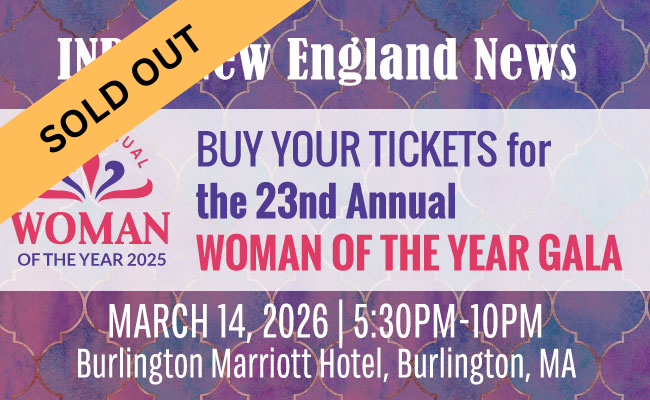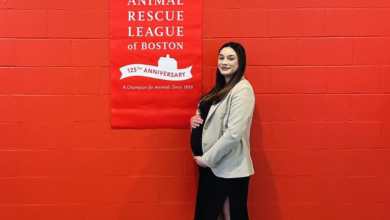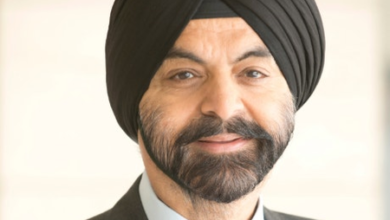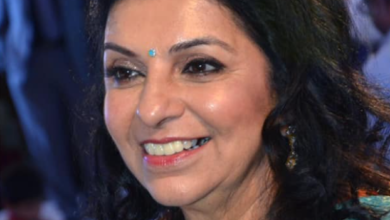Memoir 22: Meeting the Banaras Girl in Boston, 1990
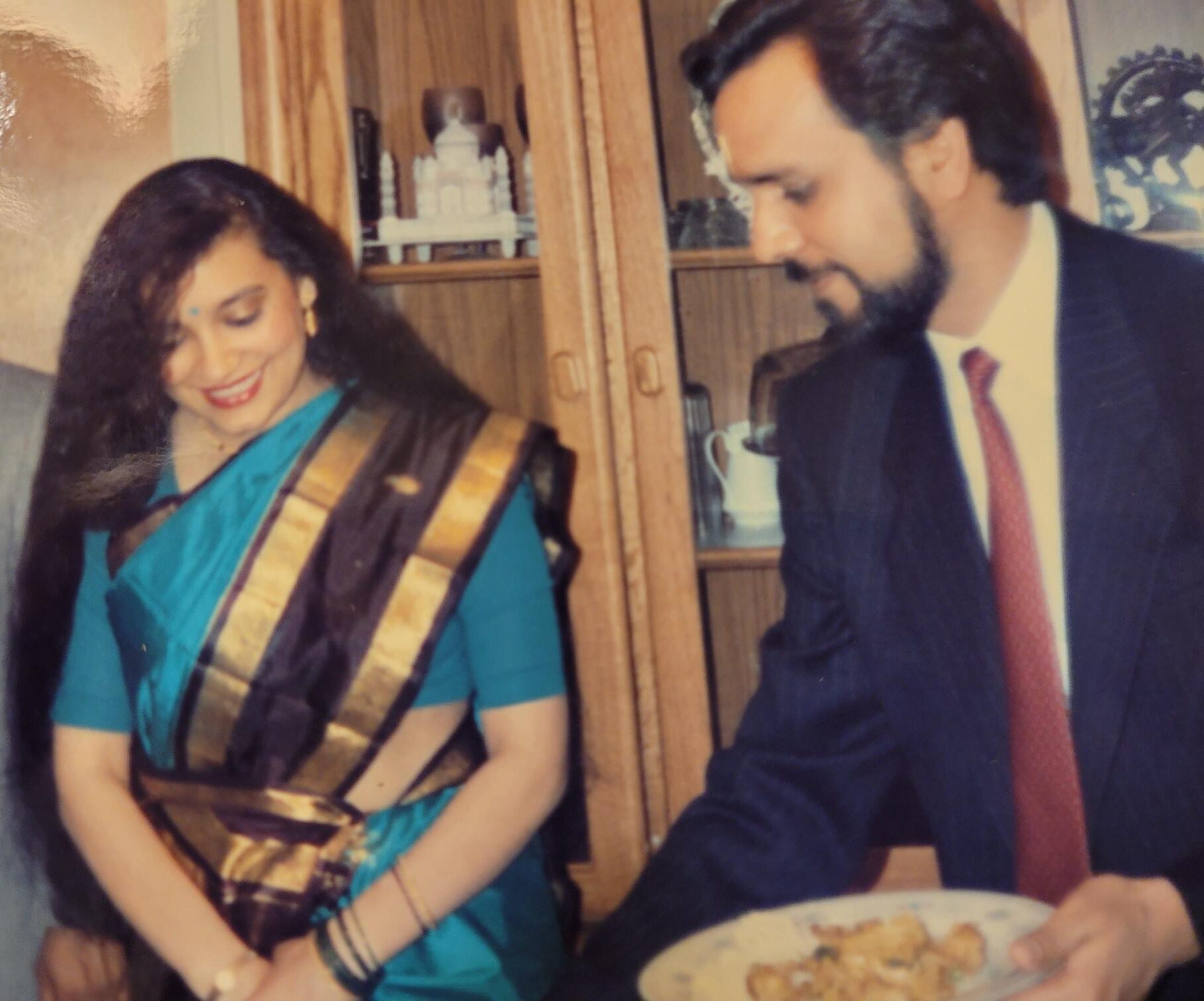
BOSTON — One quiet evening in Mexico City, feeling the weight of years slipping by and the persistent nudge of family expectation, I picked up the phone and called my old friend, Kamlesh Misra—a PhD candidate at Northeastern University in Boston.

“So, you’re happily married, kids, settled in Mexico?” he teased after we exchanged pleasantries, his voice laced with humor and the ease of old friendship.
“No, not yet,” I replied, half-laughing, half-sighing.
That’s when Kamlesh made a surprising offer. “You should come to Boston. I know three girls here. Come meet them.”
But I cut in quickly: “No, Kamlesh. I’ll meet only one.”
I didn’t want options. I didn’t want to feel like I was shopping. And above all, I couldn’t bear the thought of rejecting someone—or being rejected myself. That would be dishonorable, even cruel.
What I wanted was simple: one sincere meeting, one sincere connection.
Wrestling with Tradition
Two weeks later, as my flight took off for Boston, I sat by the window, staring out at the clouds with a storm churning inside me.
Excitement? Yes. But more than that—guilt.
In my family, every marriage had been arranged—without question, without personal input, and always, without even meeting the bride or groom beforehand. Marriage was not romance—it was duty. It was family honor, caste alignment, tradition. You didn’t choose your partner. Your elders did. And that was that.
To go out and meet a girl on my own—without my family’s knowledge, without their consent—felt almost like a betrayal. The guilt sat heavily on my shoulders, a weight I couldn’t shake.
But another voice, quieter and more urgent, whispered: If not now, then when? If not here, then where?
Part of me knew the truth. If I didn’t find someone here and now, in this life I was building far from my village, I might never marry. If I returned to India, I might never come back.
Reunion in Boston
Kamlesh met me at Logan Airport that Friday evening. He looked older, more grounded—marriage, perhaps. His wife Sadhna welcomed me warmly at their modest apartment. Over a simple dinner, we caught up on everything—life, studies, career paths, and of course, marriage.
Then came the main topic.
“I’ve thought about this a lot,” Kamlesh said. “And I have someone in mind. Trust me, you won’t find a better girl.”
Sadhna nodded in agreement, smiling gently. But then Kamlesh added, half-joking, “Just be careful with the family and their relatives.”
What caught my ear—and my heart—was this: “They’re from Banaras.”
That changed everything.
As a child, I had grown up hearing my grandfather and father speak of Banaras as if it were not just a city, but a dream. A holy place. A symbol of wisdom, tradition, and identity. They had always wished they had relatives there, even a modest home in its sacred lanes. But in our tightly bound world of arranged marriages and social circles, Banaras had always remained out of reach.
So when Kamlesh said “Banaras,” the burden on my chest lightened. It felt like destiny—like I was walking a path already blessed by my grandfather’s unspoken wishes. In that moment, I believed he would understand… and approve.
The Dinner in Randolph
Saturday evening, we drove to her family’s home in Randolph, Massachusetts. My hands were cold. My heart thudded like a tabla in a quiet room. I didn’t know what to say, what to do, how to act.
We stepped inside a modest home filled with warmth and the subtle aroma of North Indian cooking. Her parents greeted us, polite and composed. Then she entered the room.
I remember only impressions: her face, dignified and calm; her long hair flowing past her hips; her medium height and slightly dusky complexion. These were the features I had admired since my youth. But beyond appearance, there was a presence—an inner quiet.
I didn’t say a word to her. Not even a whisper. Yet something settled in my heart.
After dinner, which was filled with casual family conversations and questions about life in Mexico, we left. Back at Kamlesh’s apartment, we stayed up late reminiscing about our college days in Allahabad, the girls we admired but never dared to approach.
That Sunday morning, as sunlight filtered through the blinds, I turned to Kamlesh and said, “Everything is fine from my side. If her family agrees, let’s proceed.”
But I added, “Only one condition: I need my grandfather’s blessing. And her family must visit mine in the village. That’s important.”
Kamlesh nodded. He called her father. They had come to the same conclusion. Both sides were ready—cautiously hopeful.
Seeking a Blessing
Back in Mexico City, soon after I landed, I went straight to the telegram office. There were no phones in my village. I kept the message brief but clear:
A proposal has come in Boston. What should I do? I would like to proceed. Please advise. This is a Brahmin family from Benaras.
Days later, his reply came. Just a few words, but they meant everything:
You have our full blessing.
Her uncles later visited my family in the village, and everything checked out. The wheels were in motion. The engagement was set for the following month, back in Boston.
The Green Saree
Before leaving again, I mentioned the upcoming engagement to a few Indian families in Mexico. They were thrilled. One woman, who ran a small sari shop out of her home, helped me pick a gift: a deep green saree with gold accents.
When I arrived in Boston, I handed the saree to Sadhna. She made sure it reached the bride-to-be in time for the ceremony.
That Saturday evening, in a quiet living room filled with close family, she wore that very saree. When I saw her, I smiled. It felt like a good omen—simple, silent, meaningful. I took a few photos with my camera, freezing the moment in time.
The First Conversation
Now engaged, we were granted a rare privilege—some time alone. On Sunday morning, she drove me into the city, and we sat across from each other at a quiet café near the Boston Public Library.
It was the first time we truly spoke, just the two of us.
The conversation was light, cautious, and polite. We asked each other simple questions—about work, childhood, growing up in Banaras, and what life in Mexico was like. There were no grand declarations or sparks flying. But there was comfort. There was sincerity.
We didn’t try to impress. We just tried to understand.
The Airport Revelation
Later that afternoon, it was time for me to fly back to Mexico City. She, Kamlesh, and Sadhna accompanied me to Logan Airport.
After check-in, Kamlesh and Sadhna stepped away to give us a few moments alone. That’s when she brought up something unexpected.
“You know,” she said softly, “Kamlesh had a friend in Mexico who disappeared.”
I looked at her, puzzled. “That’s not possible. I know every Indian in Mexico. We’re barely thirty families. I would’ve known.”
She persisted. “No, really. He told us about someone he was close to—someone who just… vanished. Stopped writing, stopped calling.”
The mystery lingered as Kamlesh returned for a final goodbye. I turned to him, curious and a little irritated.
“Which friend of yours disappeared in Mexico that I don’t know about?”
Kamlesh laughed, that full-throated, mischievous laugh of his.
“You, Upendra. You were the one who disappeared.”
And in that instant, it hit me.
He was right.
Vanishing Without Knowing
After the devastating 1985 Mexico City earthquake, something in me had shifted. Or maybe collapsed. I had lost all sense of direction, all sense of self-worth. I didn’t realize it then, but I had slipped quietly into depression.
I stopped writing. I stopped calling. I cut myself off from friends and family in India, in the U.S., even from Kamlesh. I hadn’t meant to disappear—but that’s exactly what I did. I became a ghost, drifting through life without fully inhabiting it.
At the time, I didn’t have a name for what I was going through. I just thought I was… lost. But now, looking back with clarity and compassion, I know: It was depression. A slow, silent unraveling.
And yet—somehow—I had re-emerged. I had found my way back to people. To connection. To her.
Despite everything, I was here. At an airport in Boston. With a green-saree-wearing girl from Banaras. And a future waiting to unfold.
Stay tuned for Chapter 23: The Full Medical Exam Before the Marriage
(Upendra Mishra is the author of After the Fall: How Owen Lost Everything and Found What Really Matters, and Precise Marketing: The Proven System for Growing Revenue in a Noisy World and the managing partner of The Mishra Group. He writes passionately about marketing, scriptures, and gardening. Learn more atwww.UpendraMishra.com.)

